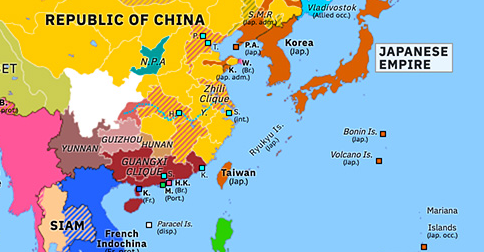



The arrival of Indian troops in Marseille (southeastern France) in 1914 sparked the curiosity of the locals, who were impressed by the appearance of the Sikhs, who in turn were amazed by everything they saw of the French cities and their inhabitants. Discovering the everyday life of the societies that colonised them, witnessing their political and social movements, and seeing the colonial powers weakened by warfare among themselves had an impact on these men once they returned to their homeland.Īfter an arduous journey, often under abject sanitary conditions and without adequate clothing for the European climate, the Asian troops landing in European ports discovered a totally new cultural and social reality, including people of all socioeconomic backgrounds, many of whom much different from the colonial masters they had known. Under these circumstances, transcontinental mobility could change their individual-and perhaps even collective-destiny. In the colonies, any movement, especially to the ruling countries, was closely regulated. Newfound mobility and opportunitiesīeyond the Eurocentric vision of them as mere subordinate auxiliary forces serving the colonial powers, these workers and soldiers were also men of action, who took an exceptional opportunity to travel very long distances. These sources make it possible to trace the individual stories of soldiers, workers, diplomats and students, revealing their discoveries and amazements, hopes and disappointments, day by day. But what are the sources for writing a history from their point of view, for describing their first encounter with Europe and Europeans in an unfamiliar cultural environment and a difficult context, whether in the trenches or the munitions factories? Beyond the locals’ curiosity for these newly-arrived “exotic” populations, letters seized by military censors, diaries and written and visual archives offer insights into the experience of these Asians in Europe.


 0 kommentar(er)
0 kommentar(er)
